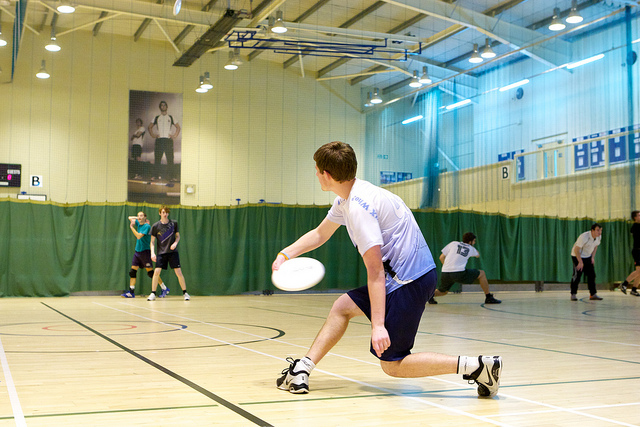Motivating students to want to learn can be one of the most challenging aspects of teaching within the secondary school sector. Adolescents during this time are starting to carve out their identity, establishing who they are, what they enjoy and what makes them, them. As part of this process physical education teachers are often met with comments from students such as ‘I don’t do PE’, ‘I don’t like PE’ or ‘sport is just not my thing’, we even have the same problem within our subject area with students proclaiming to be ‘netballers not hockey players’ or ‘footballers not gymnasts’! Readdressing these statements can be challenging as students have already started to identify areas from their education and elements from their life experiences to date, with which they feel that they have an affinity, and ultimately what constitutes to their self-efficacy and esteem.
Of course it is important that students are able to identify what they are good at or excel in and enjoy. But this identification can sometimes be to the detriment of the development of other things that they may find more challenging or difficult. It is our role as educators to ensure that students are able to develop holistically areas of strengths and weaknesses so that they may become well-rounded individuals who relish the challenge of mastery within areas natural to them and areas that may be more challenging. Learning these life skills is essential in order to become successful in a diverse and challenging world where the luxury of choice of avoiding difficult situations is not always available.
As physical educators we hold the key to unlocking interest in physical education, physical activity and sport by creating opportunities for students to identify areas that they are good at and enjoy and helping develop areas of weakness. This relates not only to their physical competence but also their motivation, confidence, knowledge and understanding. We can achieve this aim through the development of physically literate individuals who have the physical and creative skills, knowledge and motivation to become physically active throughout their life-course. Avoiding physical activity throughout life is one of those life choices that must be prevented if students are to become happy and healthy adults. Therefore, promoting physical literacy within education is essential in unlocking students desire, interest, confidence and competence to partake in physical activity throughout their life, the experiences and skills they gain within education after all, will pave the way for their adulthood.
Photo: Nottingham Trent University

